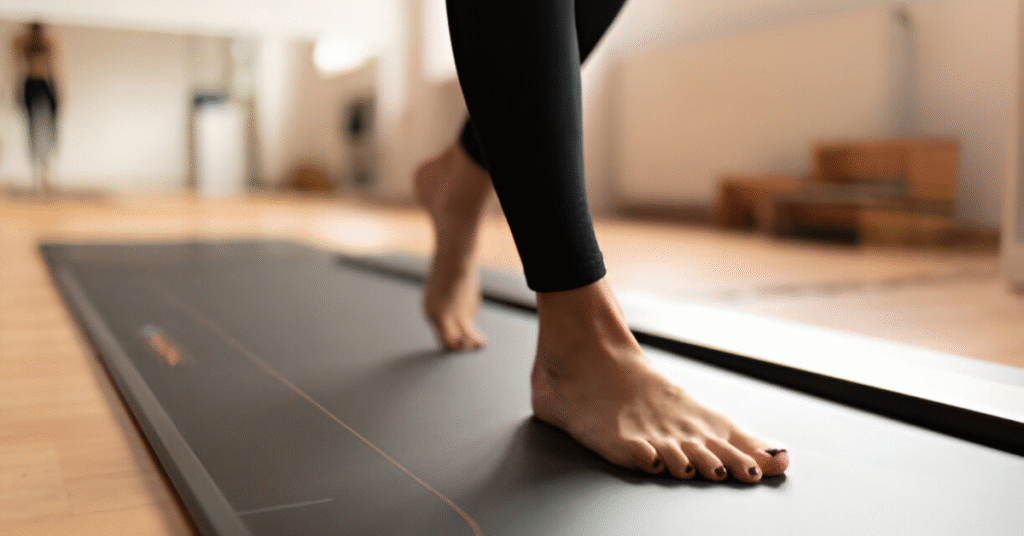Are Flat Feet Genetic?
Introduction Flat feet are more common than you might think—affecting up to 30% of the population. But if you’ve ever wondered why your feet lack arches while others seem to have perfectly lifted ones, you’re not alone. One of the most common questions we hear at Sole Foot and Ankle, a trusted podiatrist in Valparaiso, Indiana, is: “Are flat feet inherited?” In this article, we’ll break down what flat feet are, the role genetics plays, and what you can do if flat arches are affecting your mobility, comfort, or daily life. Key Takeaways What Are Flat Feet? Flat feet, or fallen arches, occur when the entire sole of your foot touches the ground while standing. Normally, the arch provides shock absorption and helps with balance. When it collapses or never fully forms, you may experience: Flat feet can be flexible (arch appears when sitting) or rigid (arch is always absent), and both types can affect your quality of life if left untreated. Are Flat Feet Genetic? Yes—genetics play a significant role in flat feet. If one or both of your parents have flat arches, you’re more likely to inherit this foot structure. In fact, congenital flatfoot is commonly diagnosed in children and often runs in families. Some inherited conditions that contribute to flat feet include: Even if flat feet don’t present symptoms early on, they may lead to discomfort later in life—especially during weight gain, injury, or high-impact activity. Other Causes of Flat Feet While genetics is a major factor, not all flat feet are inherited. You can develop flat feet due to: Cause Description Injury or trauma Fractures, ligament tears, or tendon damage can alter arch support. Obesity Excess weight increases pressure on the foot’s arch. Aging Tendons weaken over time, especially the posterior tibial tendon. Pregnancy Hormonal changes and weight gain can temporarily flatten the arch. Arthritis Inflammatory joint conditions can affect foot structure. These non-genetic causes may exacerbate hereditary tendencies or cause arch collapse even in those without a family history. Can You Prevent or Fix Flat Feet? While you can’t change your genetics, you can manage or minimize the impact of flat feet with early care. Prevention strategies include: If flat feet cause pain or limit your mobility, a podiatrist can help. Treatment may include: When to See a Podiatrist Many people with flat feet live pain-free. But if you’re experiencing discomfort, swelling, or balance problems, don’t wait for it to worsen. Early diagnosis can prevent complications like plantar fasciitis, shin splints, or knee pain. At Sole Foot and Ankle, our Valparaiso podiatrist team specializes in diagnosing and treating flat feet using personalized care plans that fit your lifestyle. A Note from Sole Foot and Ankle If you or your child has flat feet—or if you’re unsure whether your foot shape is causing discomfort—it’s time to talk to a specialist. At Sole Foot and Ankle, we’re proud to serve families across Northwest Indiana with compassionate, advanced care. Book an appointment with our podiatrist in Valparaiso today We’re here to help you move with comfort and confidence.

